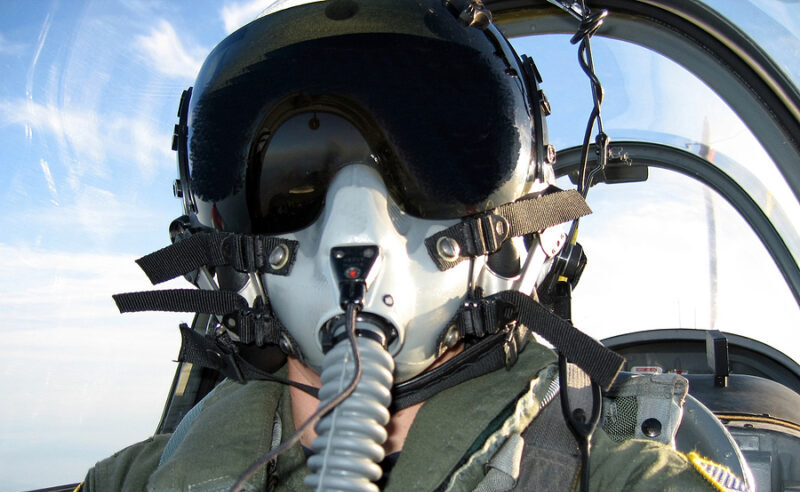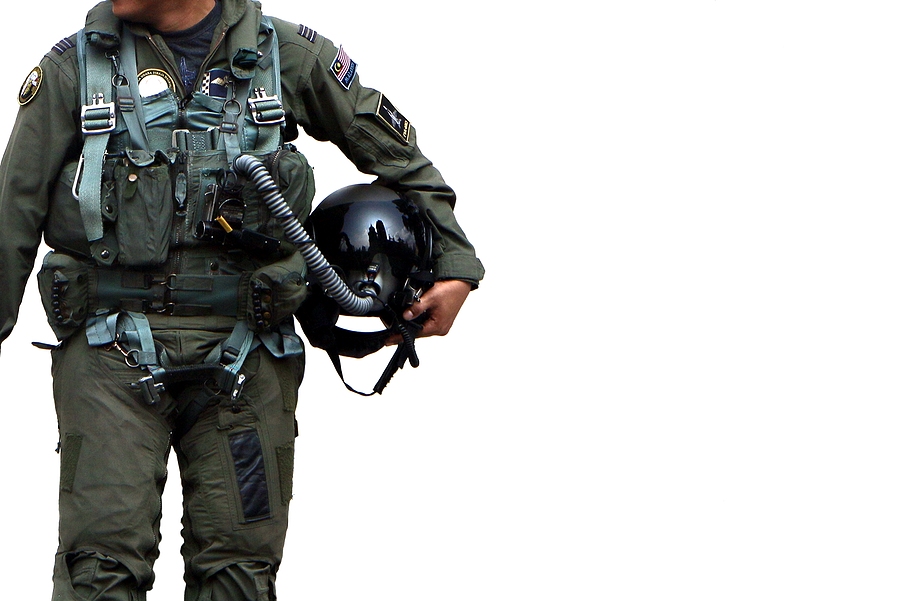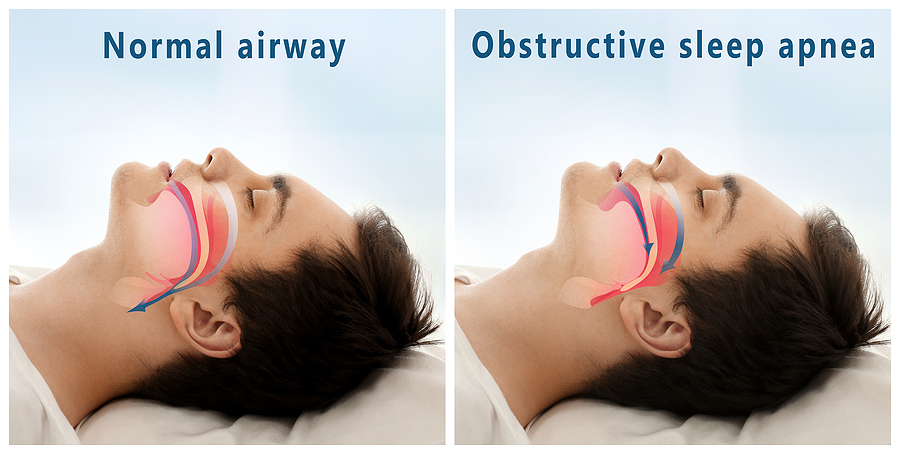FAA Medical Affect VA Disabilities – Over the past year, the FAA has taken a focused interest in veterans with disabilities who apply for FAA medical certification. The FAA’s medical certificate application has not changed.
To the contrary, MedXPress and – before that – applications completed on FAA form 8500-8 have always asked pilots to disclose all illnesses, disabilities, or surgeries they have experienced during the course of their lives.
However, the FAA has been receiving communication from the VA. Despite their warnings about criminal penalties for falsifying medical certificate applications, the FAA historically took pilots at their word regarding their medical history.
That changed sometime in 2022. As more than 5000 pilots can now attest, veterans who do not list each of their VA disabilities on their MedXPress application should expect that the FAA will take notice.
The FAA is will scrutinize your MedXpress application
Although the FAA has not publicized their methods, it appears that part of their medical certificate application review process now includes routinely cross-referencing MedXPress submissions with disability records from the VA and the Social Security Administration.
As a result, many pilots – including some who separated or retired from military service decades ago – have received letters from the FAA that threaten to revoke their medical certificates.
Often, a simple administrative correction or current assessment from an appropriately qualified physician will resolve the issue. For those with significant disability awards, it can get more complicated.
Pilots have more to worry about than other veterans
Military pilots are in a unique position as they transition to civilian life. Like all veterans, they are entitled to VA disability benefits for medical conditions that were diagnosed during or aggravated by military service.
Unlike most other veterans, and depending on the airline hiring market, they often have the opportunity to transition immediately to lucrative careers as airline pilots.
Also unlike most other veterans, a pilot’s ability to capitalize on the skills they acquired in the military depends on their ability to qualify for an FAA medical certificate.
Those two different, and sometimes competing, considerations present military pilots with a unique challenge.
On one hand, VA disability entitlements exist for a reason. Military service in general can take a toll on the body and mind while aviation duties impose their unique wear and tear.
Few pilots make it through years of helicopter vibration or high-G tactical maneuvering in jets without developing a few aches and pains. Airplanes also make noise.
Even with rigorous use of hearing protection, many pilots will experience some degree of hearing loss throughout their military careers.
Even without considering combat deployments, chronic effects of circadian rhythm disruption, and other exposures common to military aviators, neck pain, back pain, other musculoskeletal conditions, hearing loss, and tinnitus (ringing in the ears) commonly find their way onto pilots’ VA disability claims.
Even “disabled” pilots can get a medical
Those conditions and most others do not typically affect FAA medical certification. Pilots with many more severe medical conditions and some well-controlled mental health diagnoses can continue flying even after fully disclosing their history to the FAA.
Just like other military veterans, pilots should seek medical care and submit a thorough application for VA disabilities when they separate from active duty.
The vast majority of pilots can do that while reporting all the same conditions to the FAA and continue flying, although some may need some clarifying documentation from their doctors.
We have many clients who have been rated 100% disabled by the VA, told the FAA about each one of their conditions, AND continue flying with a Class 1 FAA medical.
We have also heard from a small group of pilots who have a high percentage of VA disability awards who HAVE NOT disclosed all of their conditions to the FAA. They remain reluctant to do so because they fear the VA will decrease their disability benefits.
We have heard this concern enough to write this article about it, but the reality is simple. You have to tell the same story to both agencies or face the consequences.
As of this writing, the FAA and VA are keeping their methods to themselves. The FAA has made it a priority to make sure pilots fully disclose their disability benefits.
As far as we know, pilots who have been forthcoming in correcting their record of past omissions have not faced legal penalties or medical certificate revocation. Concluding more than that would require a lot of speculation.
Would You Trade $300,000 for $30,000?
Whether or not the FAA is sharing its information with the VA remains to be seen. The notion that a pilot’s VA benefits might be reduced based on documents they provided to the FAA attesting to their good health seems plausible. However, no one has reported that experience to us.
Based on the information we have to date, concealing a condition from an actively investigating FAA to guard against a VA disability reduction that may never occur seems like a poor calculation.
A professional aviation career provides more value than a VA disability check by orders of magnitude.
With the stability that receiving a VA disability check provides during the transition from military service, doing everything you can to maximize your disability award might seem to make sense.
That notwithstanding, keep in mind that the airline pay you lose waiting for your medical certificate is not first-year pay. You will get that whenever you start. You lose senior captain pay in the year or so before mandatory retirement.
Is it worth a year of salary that can surpass $300,000 in order to cling to an incrementally higher VA disability percentage? You be the judge.
How to address your medical conditions as a pilot
The advice we give to pilots separating from the military and those trying to disclose their disability benefits after the fact is straightforward.
Get treated and get better. If you have a medical issue that is significant enough to qualify for disability benefits or to affect your FAA medical, it may not get better if you simply ignore it. Tell your doctor about it and get treated. The FAA wants pilots flying.
If you are safe to fly based on an honest self-assessment, they will probably agree.
Claim what you have to the VA; disclose the same conditions to the FAA. Pilots often approach their disability claim and their FAA medical application with the same misconception.
Whether or not you write something down on paper does not change whether or not you have the condition. You cannot conjure a disability by simply claiming it to the VA and you cannot make one disappear by denying it to the FAA.
Tell a consistent story. The FAA very clearly asks pilots, “Have you ever in your life…had any illness, disability, or surgery.” You are required by federal law to report your medical history to the FAA.
If you are already reporting your conditions accurately to the FAA, you might as well get the VA disability benefits you are entitled to. Just try not to get overzealous when you are claiming conditions with the VA.
They will believe you if you tell them you are suffering from PTSD, depression, sleep apnea, and a host of other conditions. So will the FAA.
How to find out more
If you have questions about how a condition or disability might affect your FAA medical, talk to an expert. Wingman Med specializes in helping pilots with complex medical certification issues including how to disclose VA disabilities.
A free consultation or reviewing some of our blog articles may be all you need to avoid significant delays with your FAA medical. Whatever you do, do not show up to your AME exam with questions. Prepare for it like you would a check ride.
Follow us on Facebook.com/wingmanmed





